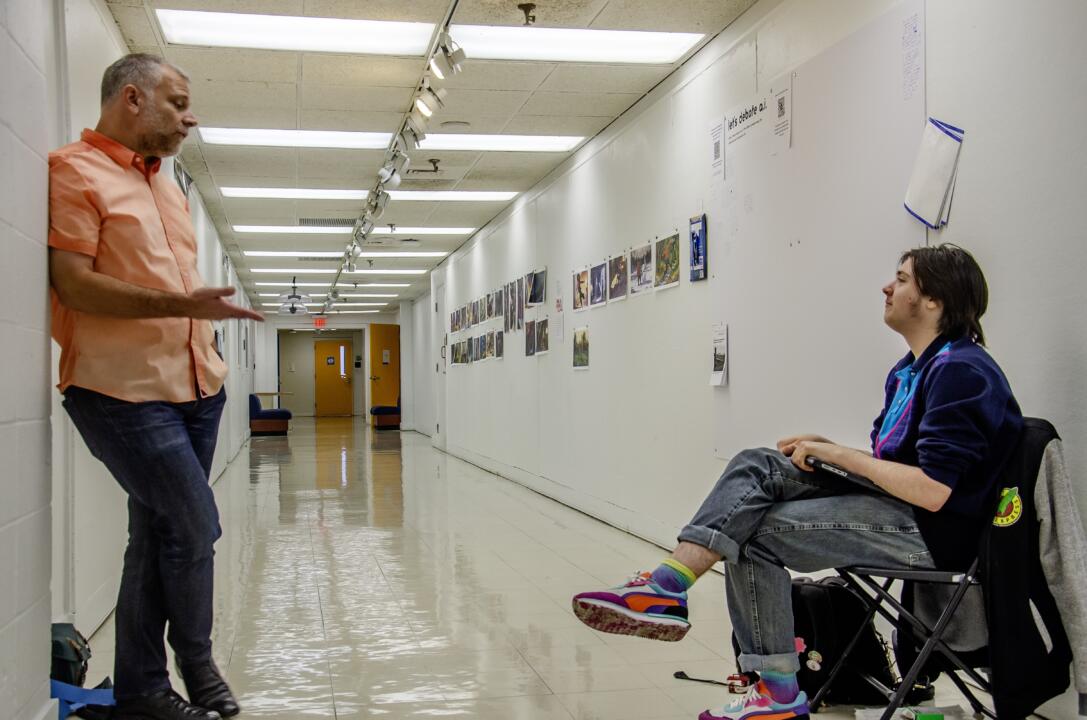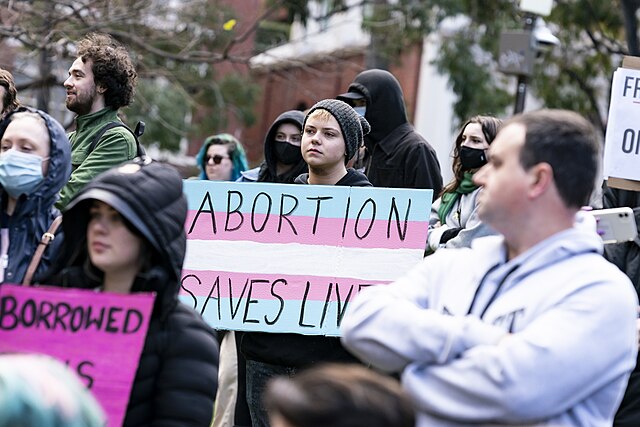What can be improved in SGA and how do you plan to fix it?
“I think the most fundamental problem with SGA right now is there’s a culture within it that you either have to run for office or be active with SGA, and if you’re not then you don’t get to say what’s wrong with it, and I think that’s really wrong … when you [officers] get caught up in the day-to-day stuff I think you lose sight of the fact that you are doing it to be representative of a really broad range of people, so my plan to fix that situation is to take these issues from ‘here’s what I’m going to do to fix it’ to ‘what are we, as a student body, going to do to fix it?'” — Vrinda Deshpande, incoming President
“I think we need to establish some kind of structure that will allow SGA to improve on a concise and prompt manner and ensuring that it’s not taking two semesters for this change to occur, but weeks.” — Frances Watson, incoming Executive Vice President
“What I want to focus on specifically is making senators more accessible. I want to create an email ticket system … people would email us and then we would have to respond to those tickets and mark them as closed, and it would all be public so people could see how we responded.” — Rees Draminski, incoming Senator
“We need to improve transparency and make sure that the actions the SGA is doing and what each of the officers are working on is very clear and readily available to the student body so that if they see something that they’re passionate about or interested in, they can get involved with it.” — Zane Poffenberger, incoming Vice President of Student Organizations
“What can be most improved upon is just getting people to understand what SGA does … by making short videos about what SGA does on the TVs around campus.” — Wangui Nganga, incoming Senator
How can the relationship between the student body and UMBC administration be improved and how do you plan to do so?
“It’s really important to maintain a working relationship with the administrators because at the end of the day, there are certain things that we can’t control about the university … at the same time, there’s a lot of problems, so having that force of 11,000 people behind us and being the majority of people on campus, we have to strike a balance.” — Vrinda Deshpande, incoming President
“We need more information. I think that the information may be out there but it may not be the easiest to access … providing the information to access administrators is something that SGA can do.” — Frances Watson, incoming Executive Vice President
“It’s great that they [Senators] have connections with the staff, but if they don’t use their connections to keep the student body aware of what’s happening on campus then what’s the point? I personally haven’t received an email from a senator or finance board member about anything this semester or last semester, so it’s just been confusing.” — Mehrshad Fahim Devin, incoming Senator
How have you been staying current with what UMBC students want prior to your candidacy?
“I do a lot of service and go to a lot of service sites which is a cool way to meet people of different majors and different years who come together to do one service project, so I think the most diverse group of people I know is from the places that I go to do community service.” — Vrinda Deshpande, incoming President
“I’ve had tables in the breezeway a couple of times and I’ve asked students what they want, and there’s a variety of different things students want because the student body is so diverse.” — Mehrshad Fahim Devin, incoming Senator
“On the subreddit, meme page … there are similar themes of discourse, so I take that to heart and think about what I can do to change those kinds of things.” — Rees Draminski, incoming Senator
How will you be reaching out to the student body and maintaining a presence on campus among your fellow students?
“It’s really important to meet people where they’re at. If someone’s only capacity is to post online then that’s completely fair and shouldn’t be any less valid than someone actively coming into the office every day to do something, so I think channels like the meme page are fantastic and healthy and SGA shouldn’t be afraid to engage with channels like that.” — Vrinda Deshpande, incoming President
“Vrinda and I are talking about doing a weekly update with your SGA President and Vice President, and it’s just about getting you exposed to what we do on a weekly basis.” — Frances Watson, incoming Executive Vice President
“I want to do office hours in public spaces instead of just the SGA office.” — Josue Lemus, incoming Senator
“I know that Finance Board is going to have a liaison program in the coming semester, so I would definitely be more proactive in reaching out to clubs that I am a liaison of and other clubs outside of that as well.” — Nithya Prakash, incoming Finance Board Representative
In the past semester, SGA has had a few miscommunications or lack of communication with the student body, which has led to a tense relationship. How do you plan to improve or rectify the underlying issues that are stressing this crucial relationship?
“We have to be clear about what we can and can’t do as SGA and how we can work with you as students if we need to change some of the things we can’t do.” — Frances Watson, incoming Executive Vice President
“[Implementing] monthly or bimonthly reports as a Google Form for feedback on what the senators have been doing, what they have accomplished and what they plan to accomplish.” — Mehrshad Fahim Devin, incoming Senator
“Although we post the minutes [from meetings] online, a lot of students don’t know what that means … it’s the responsibility of individual senators and finance board members to go out and explain, ‘this is what we talked about and this is how it will affect you.'” — Josue Lemus, incoming Senator
“Any changes in policy of issues that come should be communicated in a timely fashion. Students shouldn’t be informed of something a week after it happened.” — Nithya Prakash, incoming Finance Board Representative
This year, the budget for student organizations seemed to disappear, and early in the second semester, it dried up completely. In 2020, our student activity fee will be $104. How will you make sure that money is used to support events that matter to UMBC students?
“The idea that finance board is getting rid of precedence and they don’t get to decide new criteria every year is a really big step in the right direction.” — Vrinda Deshpande, incoming President
“We can’t expect student organizations to request money under certain pretenses and when they get there just be like, “well, this is what we decided and we can’t give this money out” … Each semester student organizations will be submitting budgets that will have amounts that are somewhat specific to their event and what they’re estimating they will spend for the fall and the spring … it [the change] shows that we heard the feedback from the students.” — Zane Poffenberger, incoming Vice President of Student Organizations
“I was interested in sponsoring legislation in which the Senate’s pot of money for our projects would be allocated to the finance board to redistribute to the other clubs … it’s still a work in progress.” — Kai Hajos, incoming Senator
“I want to add an account tracker on the UMBC SGA website that would track how much money are in each of the pots so people have a general idea of where it’s going and making the information more accessible.” — Rees Draminski, incoming Senator
“Funding events that promote the culture of UMBC because we’re known for diversity … we need to not show favoritism towards certain clubs; we need to promote the diversity of UMBC.” — Elise Choi, incoming Finance Board Representative


